As the matriarch and primary caregiver in her troubled family, Low Entropy Volunteer Writer Kathy Woudzia had her fill of responsibilities and challenges. These roles became her identity, and she was good at them. But what happens to a person when all that was familiar disappears, and they’re left to pick up the pieces left behind?
Please note that this article discusses substance use.
In this past year many changes have occurred in my life. Since I was 21 I’ve been a mother and wife. I’m 58 now and the kids have all left home. I never really understood the term “empty nest syndrome”, but I certainly understand that sentiment now. When I became a wife and mother that became my identity, how I defined myself. Because I became a mom at such a young age, I gave up a post-secondary education. Although I enrolled in online university courses for certifications in health and fitness studies and business, I never completed my degree.
Over the years I held jobs as a bookkeeper, library technician and conference planner, but held no formal education in any of those areas. When I was 32 my marriage to my first husband and father of three children ended. He had struggled with alcoholism for years. Six years later I met my second husband, a professional, and at the age of 41, was blessed with my fourth child. Because his job was so demanding, we decided that I would primarily stay home, raise the kids and look after the household.
In September 2015 my beautiful little granddaughter was born. Unfortunately, I wasn’t aware that her mom, my daughter, and her partner were addicted to opioids. My granddaughter was born addicted to opioids and needed to be slowly weaned off over the course of one month. Because my daughter and her partner were ill-equipped to care for her in a safe and responsible way, I was compelled to resign my on-call position with the Richmond School District as a library technician and begin to care for my first grandchild. Later, my daughter would move in with my husband while she was recovering from her opioid addiction.
Many addictions include relapses, and that was the case with my daughter and her partner. For three years I was not only the wife of my husband and mother to one teenager still living at home, but I became a 24-hour on call caregiver to my daughter, her partner and my granddaughter. My days were overfilled with family obligations. I couldn’t wait to have some alone time!
Throughout my 20s, 30s, 40s and 50s I have been parenting with little to no regard for self-improvement in areas outside of family. I devoted so much time to them that I failed at keeping old friendships or starting new ones. When my daughter was in recovery and went back to her position as a science teacher, I spent my days caring for my granddaughter, cooking, cleaning, shopping and working out. That was my life minute-to-minute, day-to-day, year-to-year. It is amazing how quickly the days turned to years and the years turned to decades. I had no profession outside of being a professional wife and mother.
Then, in 2018, things began to spiral downhill. On April 22, 2018, my daughter, mother of my granddaughter, died of an accidental opioid overdose. Suddenly my world was turned upside-down. The loss of my eldest daughter was devastating and I missed her dearly. When she passed away I also lost my granddaughter because she moved to Vancouver Island to be with her dad, who was recovering there with his family.
Initially, the lack of constant attending to others was a welcome one as I was fatigued with caring for so many people and having so little time to myself. Now it was just my 17-year-old daughter, who barely needed me and my husband to look after her. I filled my days with shopping and working out with some new friends I had made after the loss of my daughter. I enrolled in a writing course with New York University and began writing about my daughter. Then another blow. My only sibling, my brother, died of complications due to alcoholism. Another devastating loss exactly one year to the date my daughter had passed.
Six months after my brother passed I began struggling with mental health problems of my own. I began experiencing bipolar symptoms. I was admitted to a hospital for one month in January 2020. When I was released from the hospital my husband had moved out of our home. Soon after, my husband had officially left me, my daughter went to university and I found myself completely alone.
The old parable, “the grass is always greener on the other side” is certainly true in my case. From wishing for alone time to longing for the busy days where I didn’t have a minute to myself, I have now realized I do not enjoy my time on my own. Not having developed many hobbies (outside of writing and exercising) or friendships, I often find myself very lonely and depressed. Because my job was professional wife and mother, I now find my life significantly vacant of activities I used to enjoy.
For the past four decades, a constant flurry of activity gave me a sense of purpose. In the absence of a husband or children to care for, I have now lost my identity. In raising my children, I was propelled by a desire to ensure my children transitioned to successful adults. In my mind, I was convinced that because they had graduated from universities with degrees, that meant success. My daughter once said in a card, “mom, if us kids were your employees then you would win employer of the year award”. That summed it all up for me. I had put all of my energy into what I viewed as my profession, motherhood. I completely immersed myself in activities that were centred on my kids and husband. Without either as a conduit to stay busy, I now find myself with loads of spare time and no purpose: a toxic combination.
Empty nest syndrome did not have meaning for me until I experienced it. In addition, I have experienced additional substantial losses in my life. The reality is, I have no one left to look after. In facing “ENS” head-on, I am compelled to find a new purpose outside of my husband and children – a new identity.
Do you have any advice for anyone who might be experiencing ENS? Or maybe you have your own struggle to share, to let us know we’re not so alone after all. Please let us know in our comments section or in person at a Low Entropy meeting.







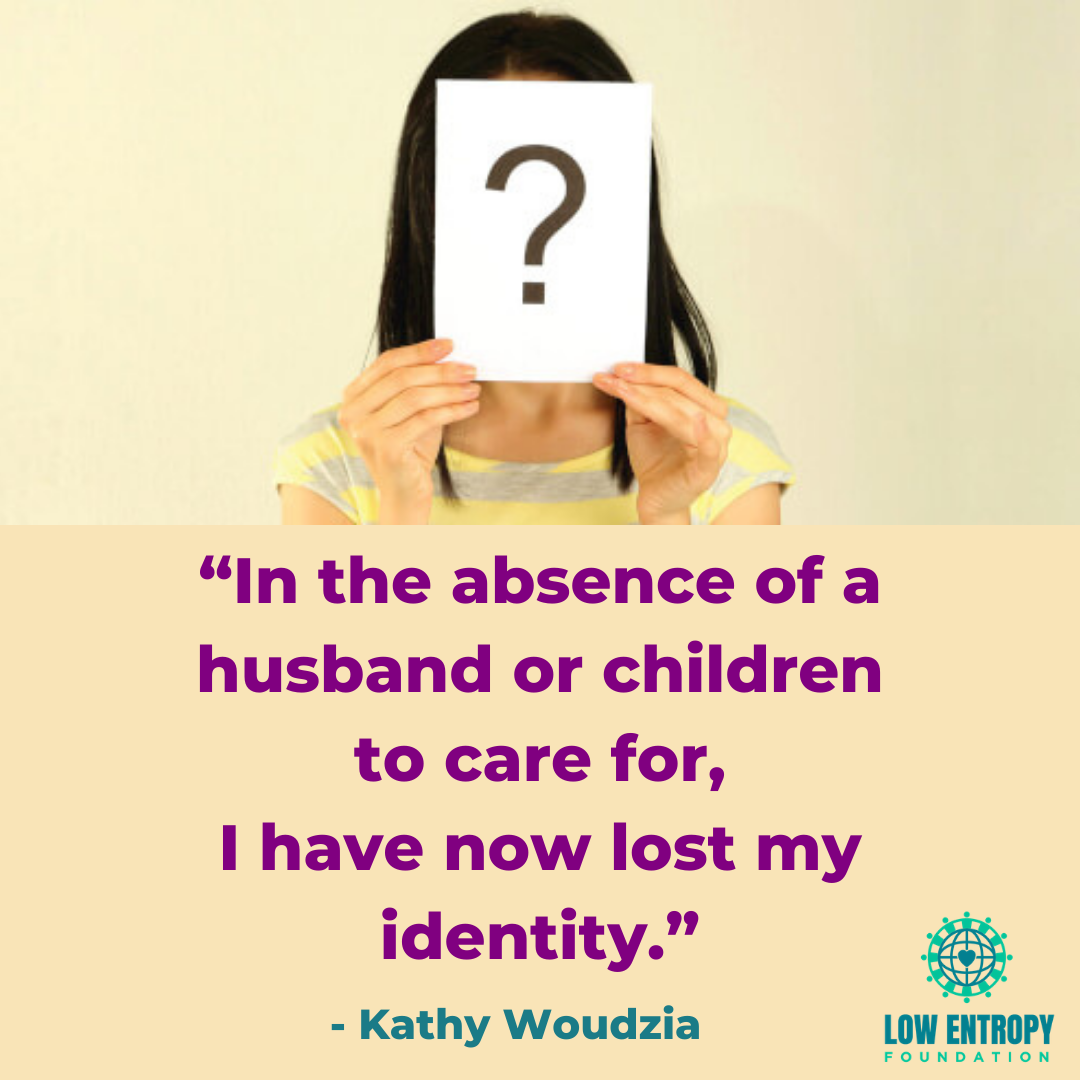
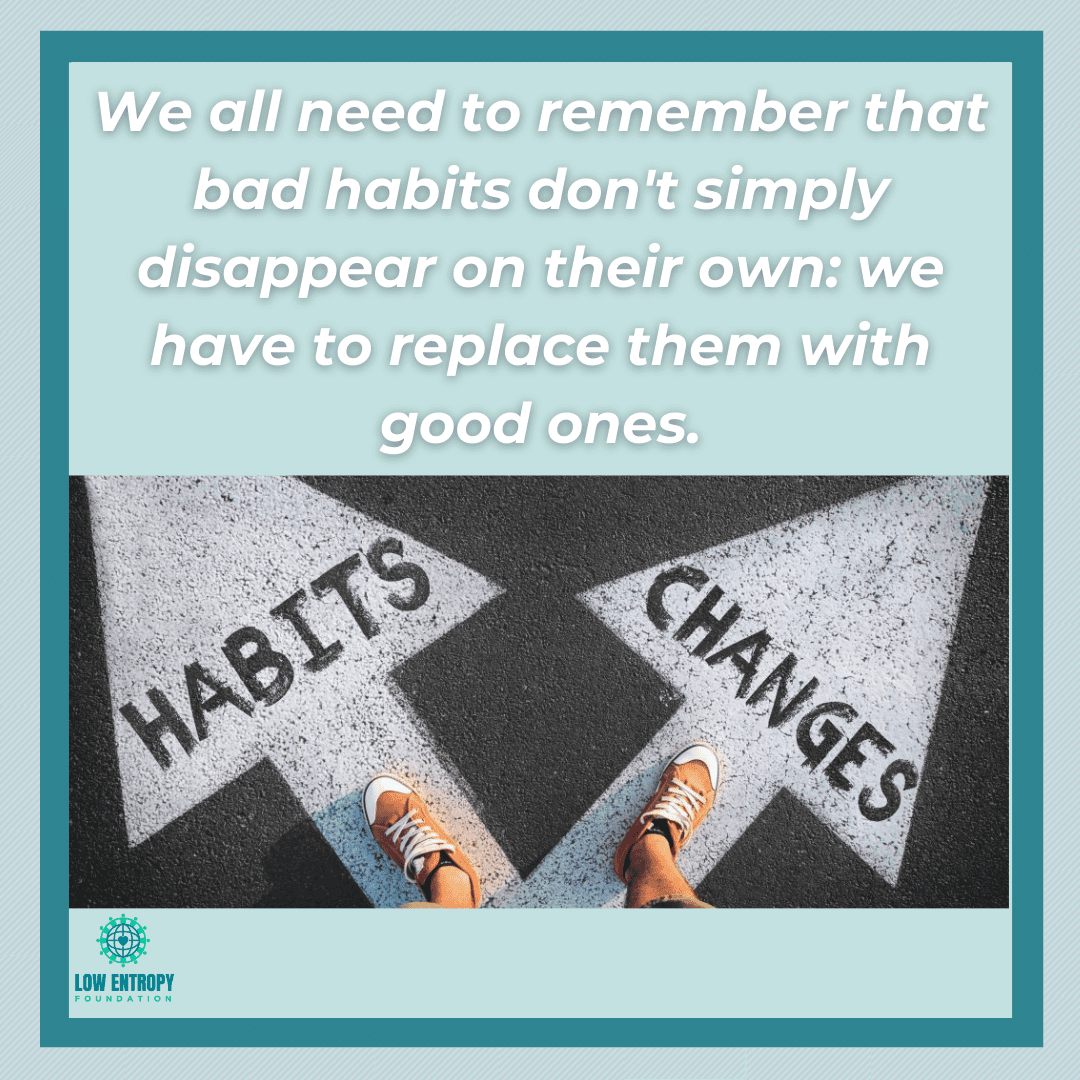
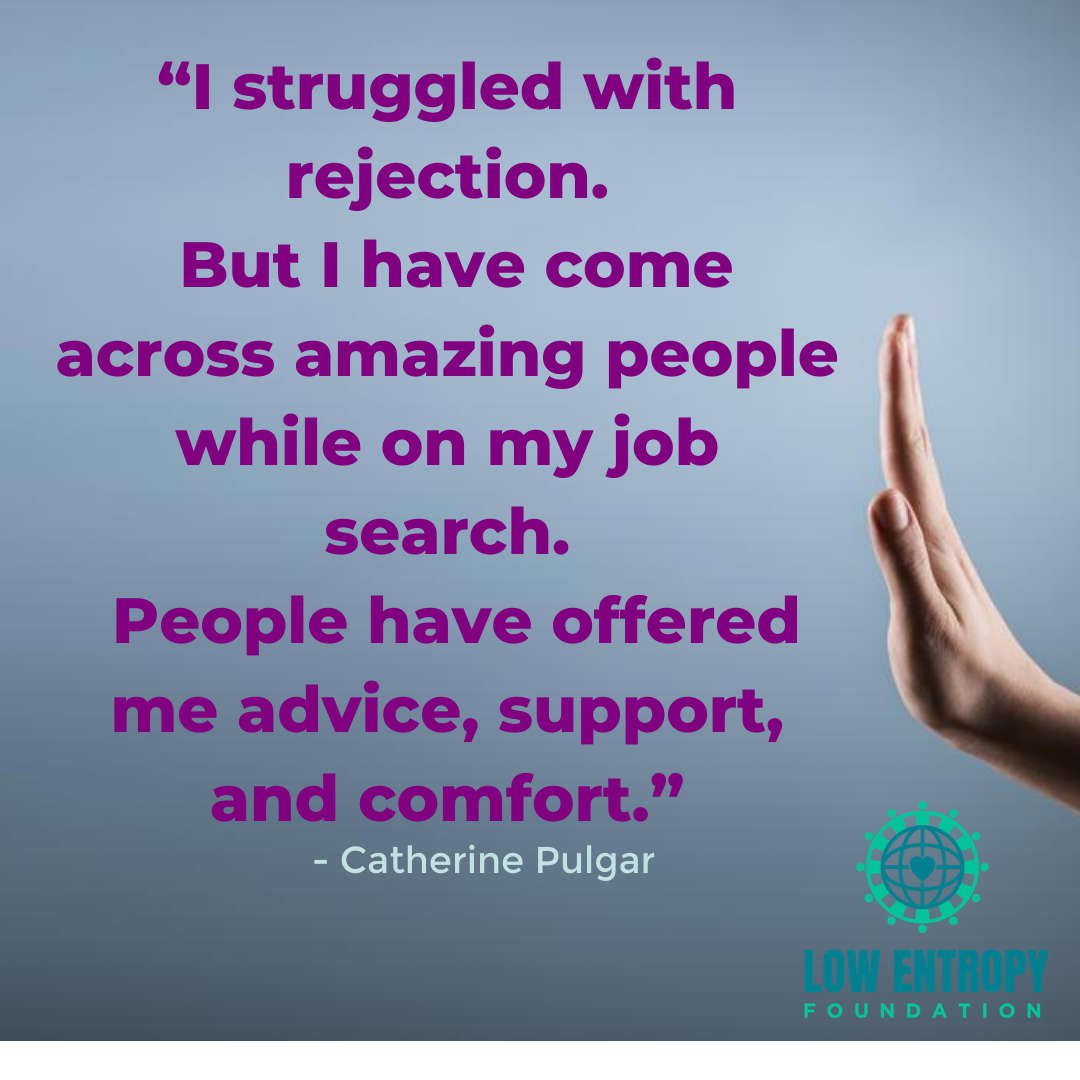
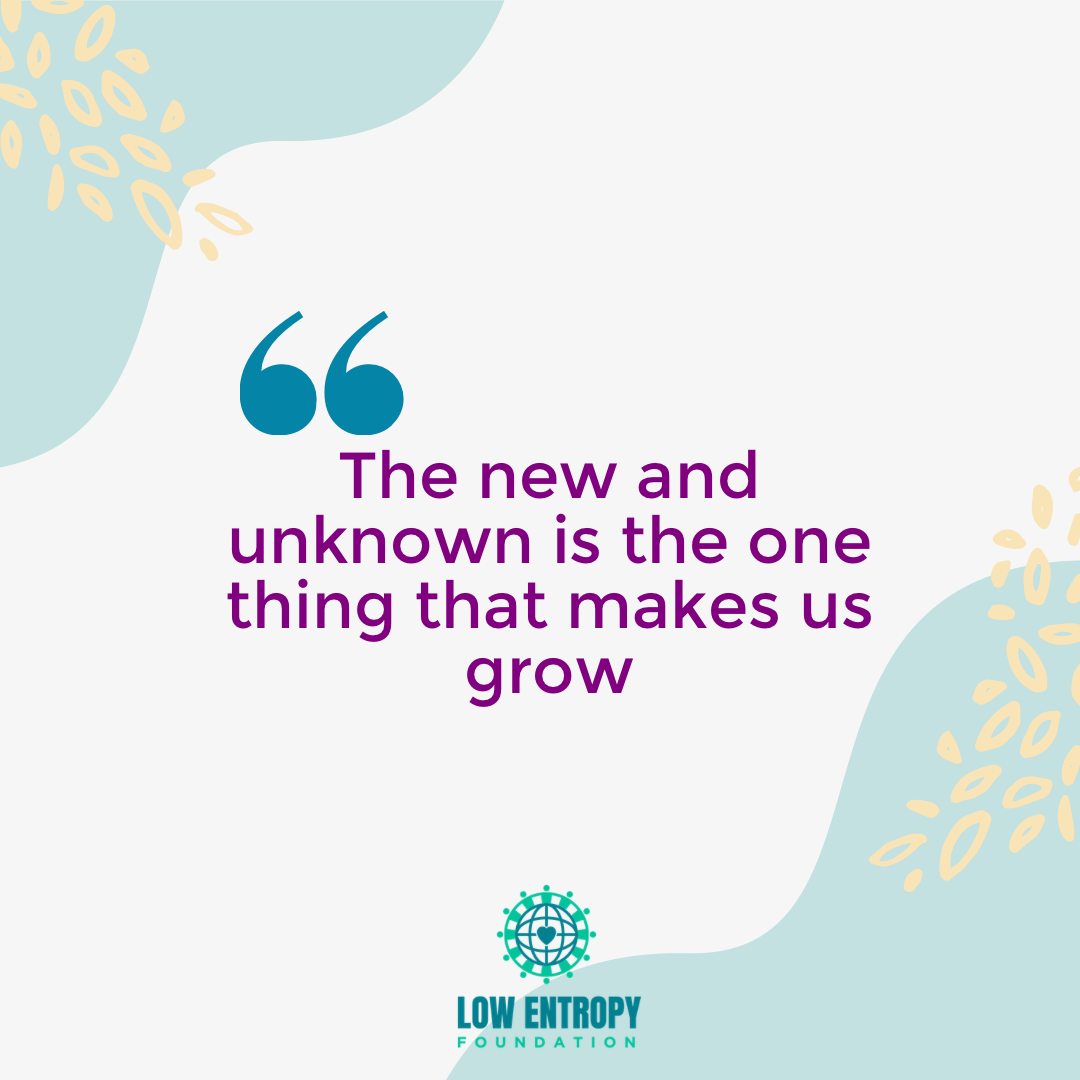
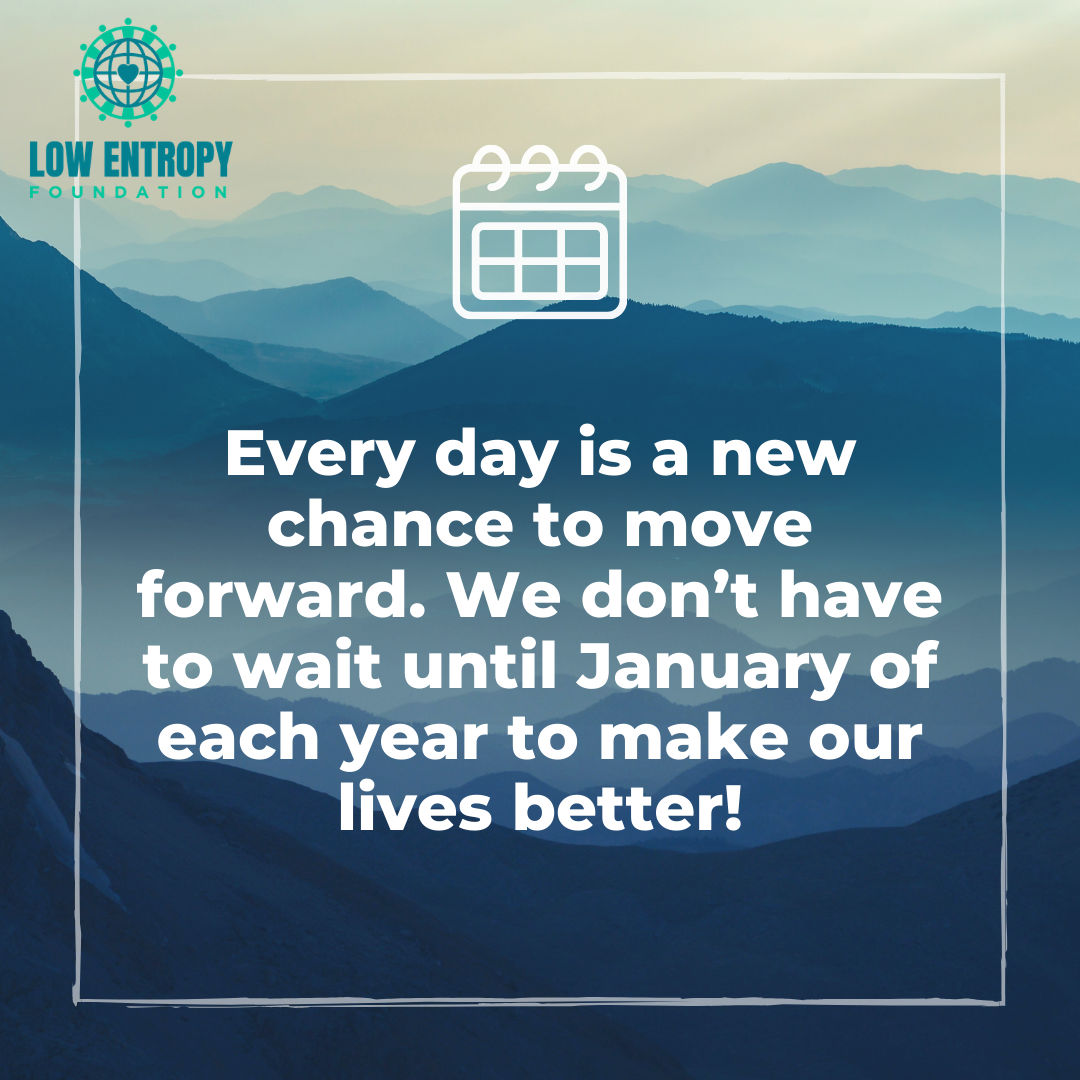
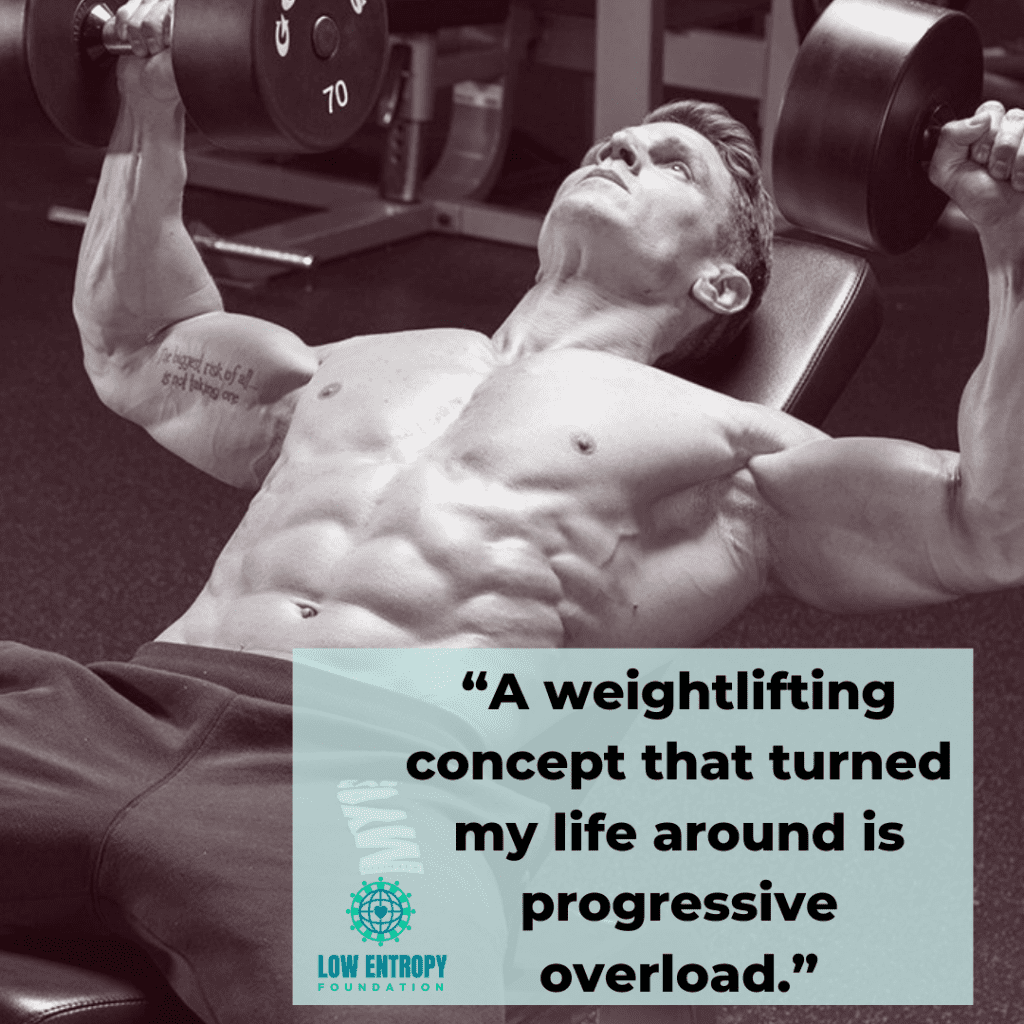
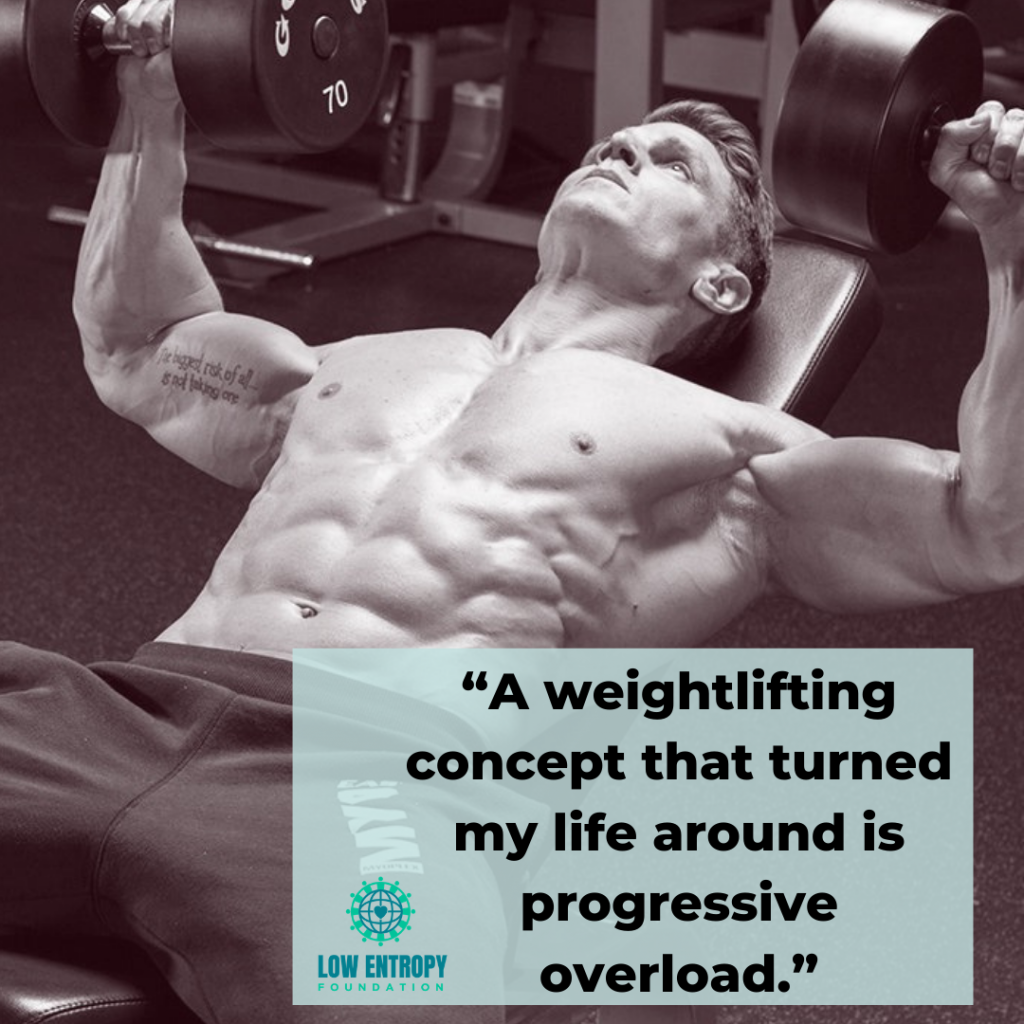
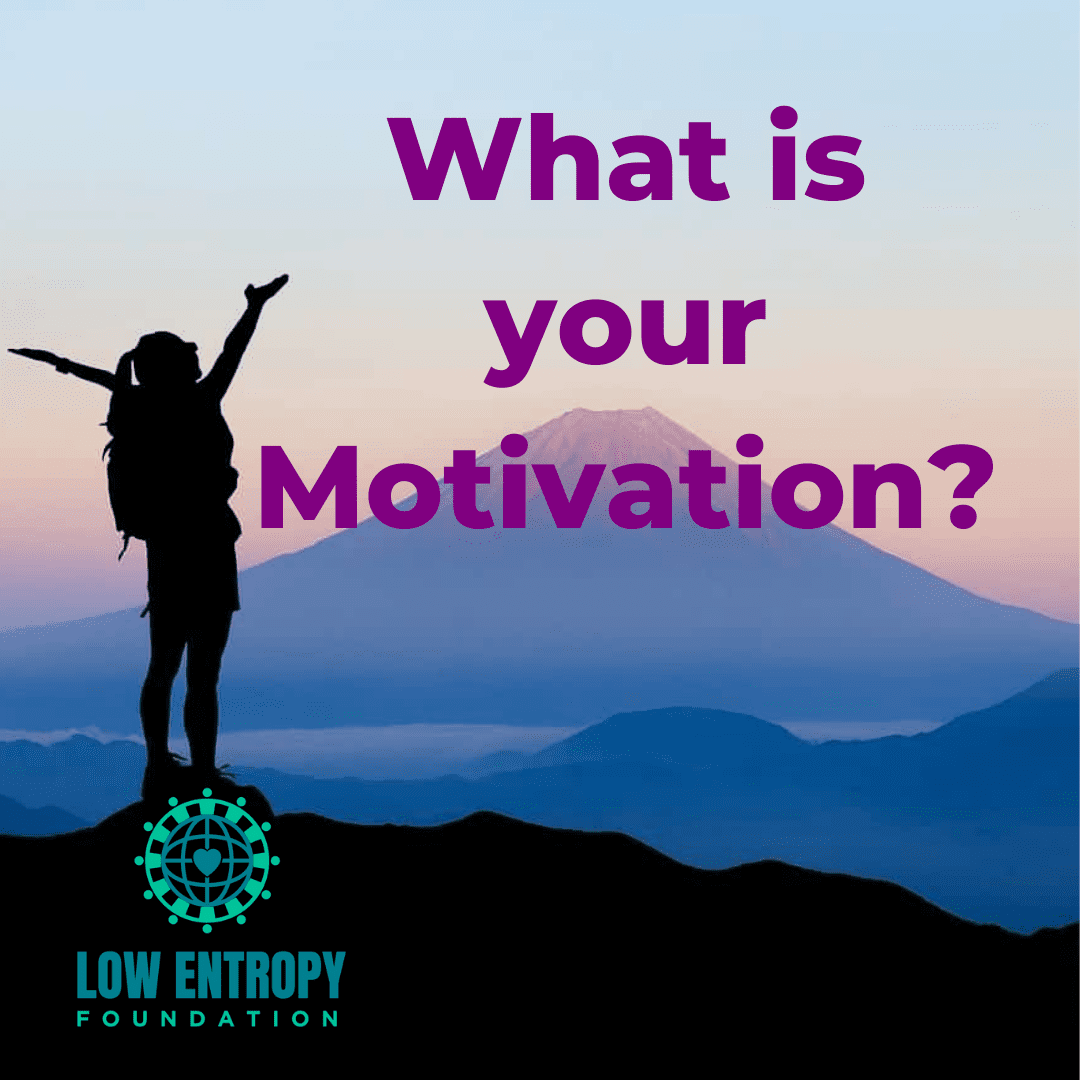
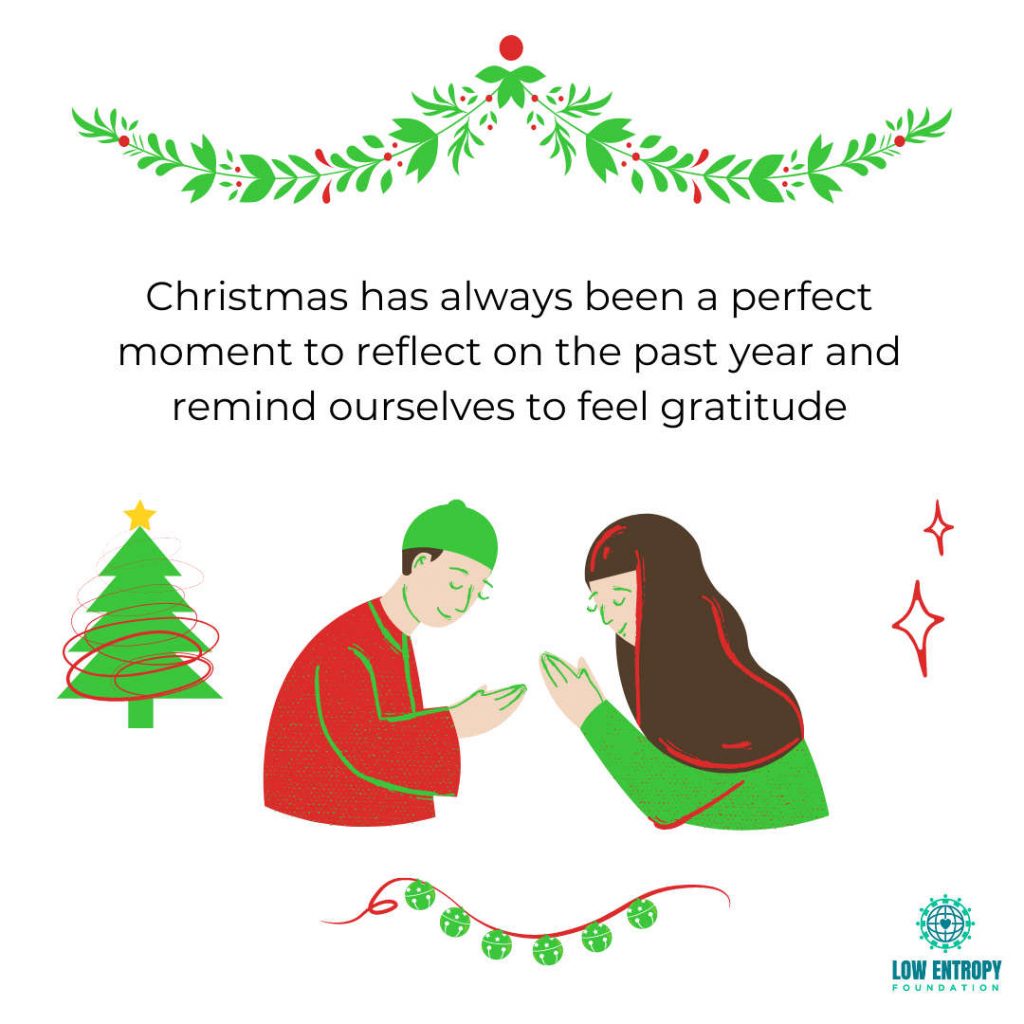
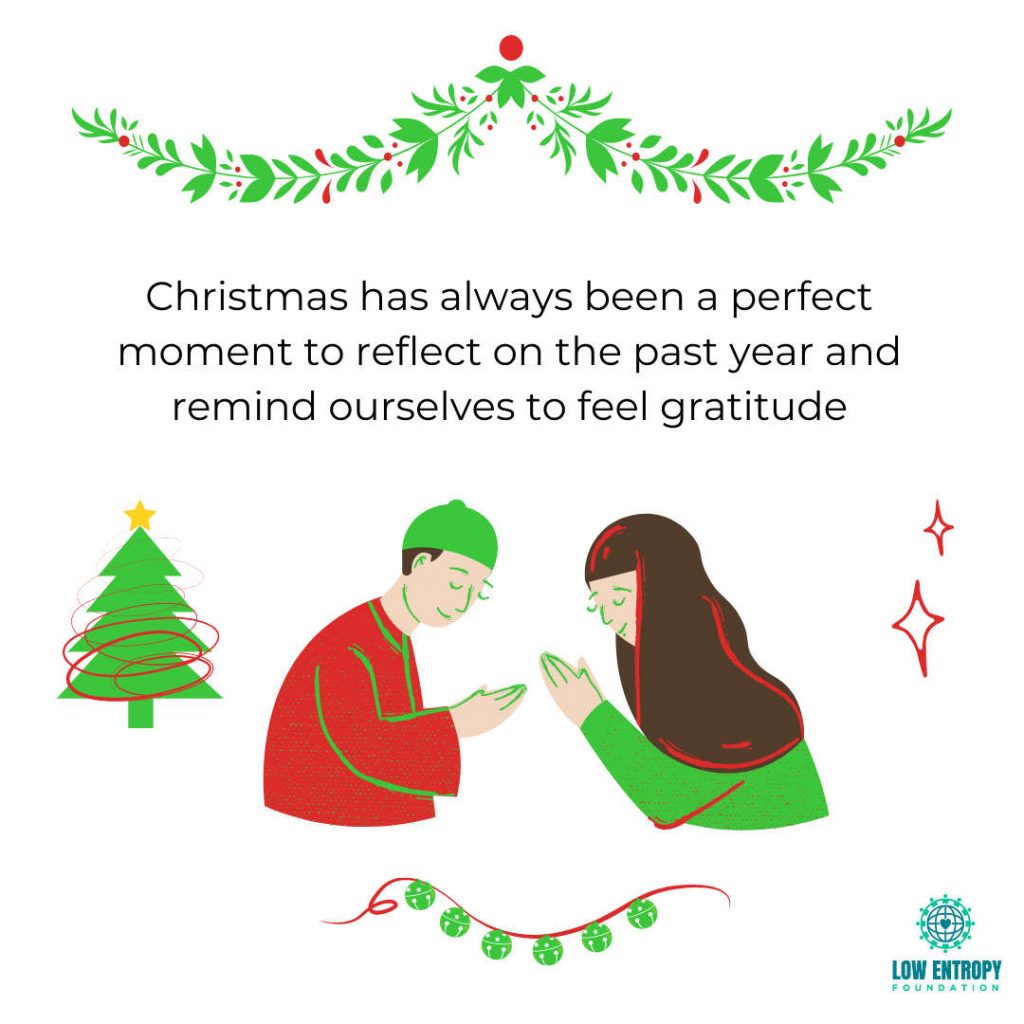
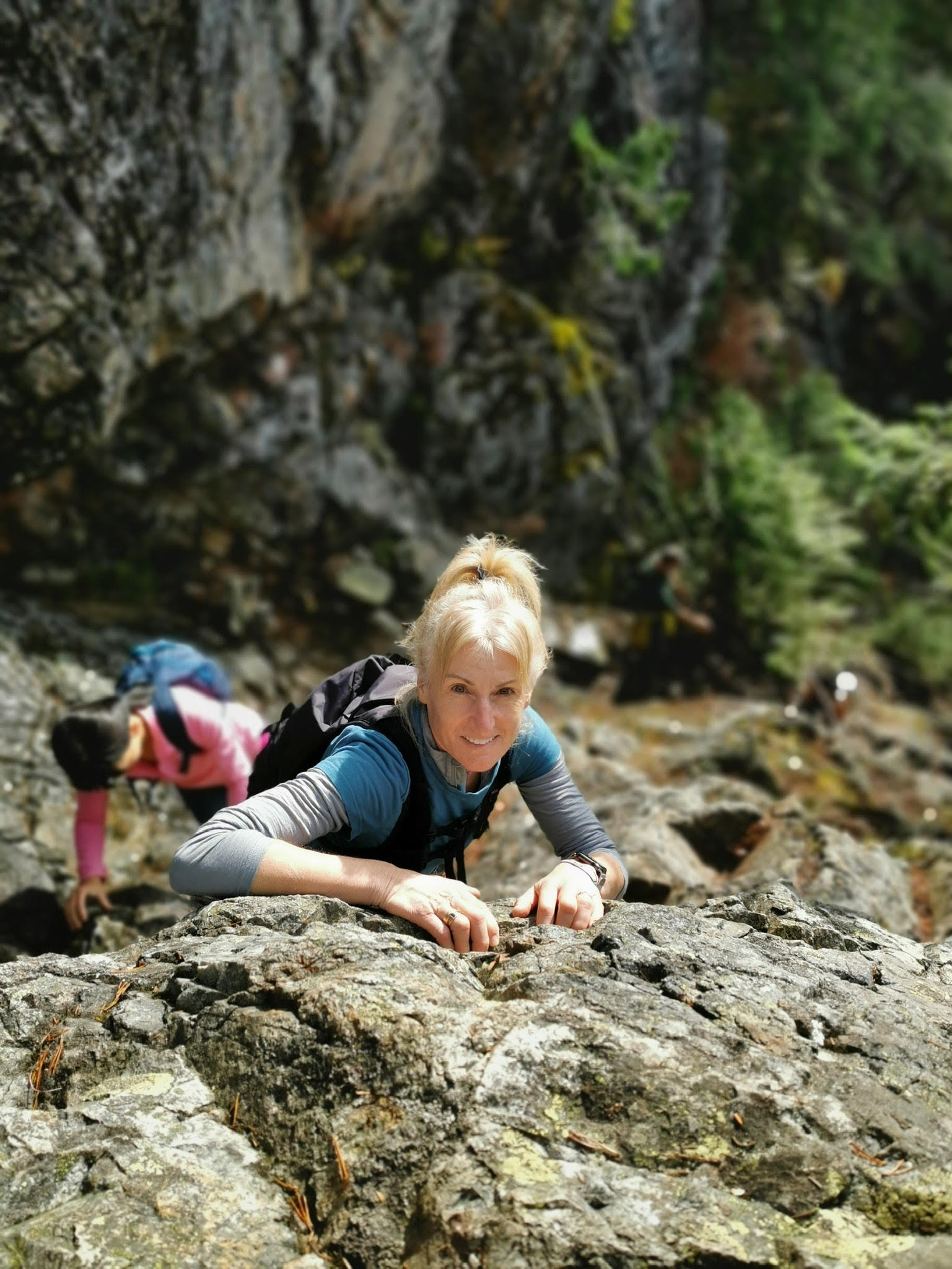
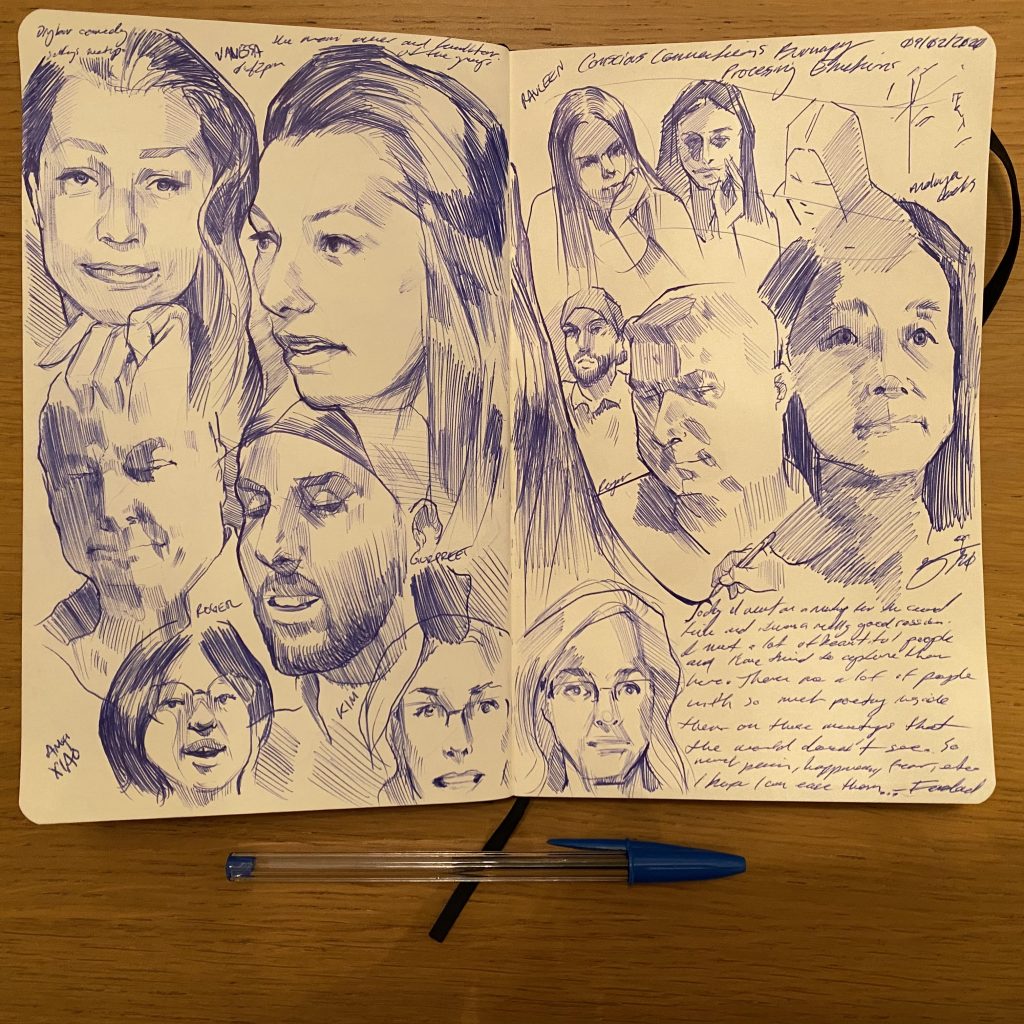
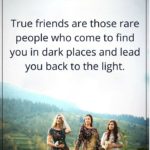 I had a friend who was a lot of fun to be around; she had a great sense of humor, I loved her spontaneity and her enthusiasm was contagious. We were friends for a few years, we didn’t spend that much time together, but when we did hangout, it was a lot of fun.
I had a friend who was a lot of fun to be around; she had a great sense of humor, I loved her spontaneity and her enthusiasm was contagious. We were friends for a few years, we didn’t spend that much time together, but when we did hangout, it was a lot of fun.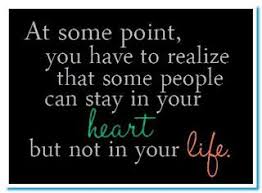 brings me to a fork in the road; do I continue this friendship or do I walk away? I like to give people the benefit of the doubt, I like to focus on the best in others and I do my best to see the positive qualities in everyone. I do see this friend as someone who has a lot to offer to the world and I see her as someone who is struggling on her journey, just as many of us are. I enjoy being with her and walking through this journey together and now I realize that our paths are veering off into different directions. I still have love for this person and I will do my best to have encouraging and supportive thoughts for her however I don’t see this person as a friend.
brings me to a fork in the road; do I continue this friendship or do I walk away? I like to give people the benefit of the doubt, I like to focus on the best in others and I do my best to see the positive qualities in everyone. I do see this friend as someone who has a lot to offer to the world and I see her as someone who is struggling on her journey, just as many of us are. I enjoy being with her and walking through this journey together and now I realize that our paths are veering off into different directions. I still have love for this person and I will do my best to have encouraging and supportive thoughts for her however I don’t see this person as a friend.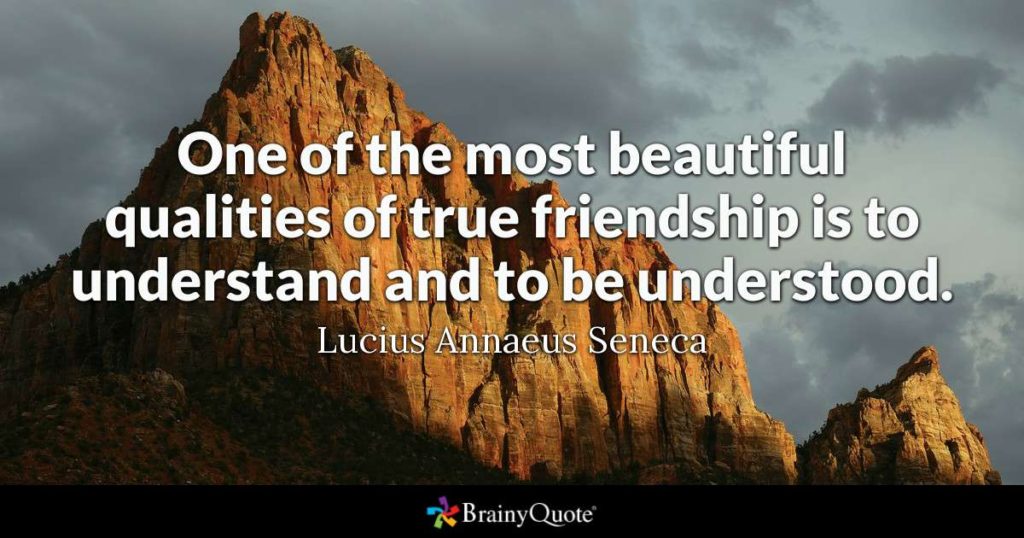 Friendship is reserved for those who are able to see you through your difficult times and help you rise up when you’re feeling down. Friendship is for those who always see the best in you and only have positive things to say about you, if they are upset with you, they talk to you, not about you.
Friendship is reserved for those who are able to see you through your difficult times and help you rise up when you’re feeling down. Friendship is for those who always see the best in you and only have positive things to say about you, if they are upset with you, they talk to you, not about you.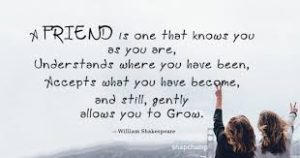
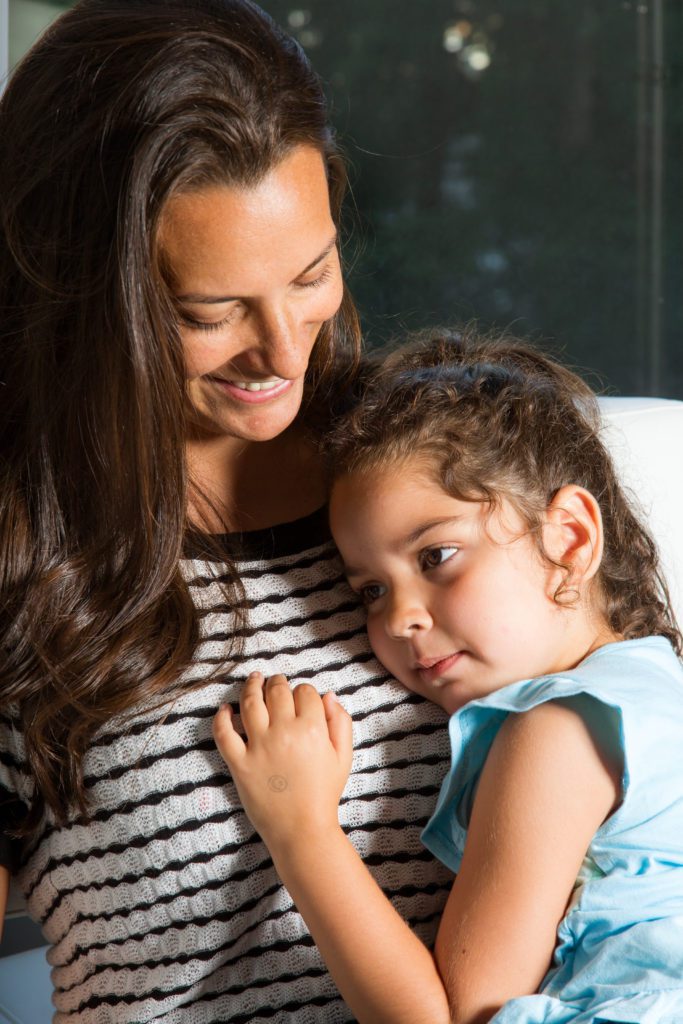
 Earlier this year, Nala, my 5 year old daughter, said to me “Mommy, why does Daddy have a big house and you have a small house?”
Earlier this year, Nala, my 5 year old daughter, said to me “Mommy, why does Daddy have a big house and you have a small house?”

